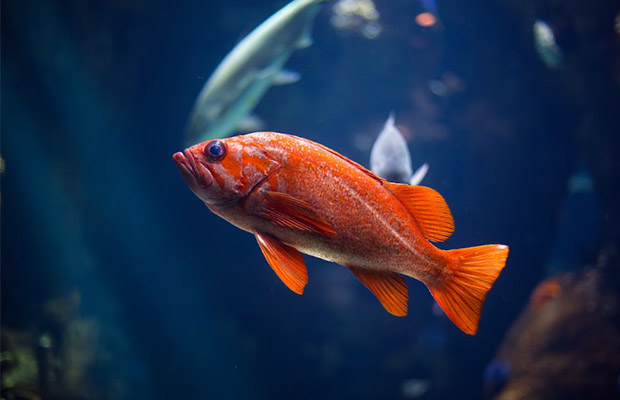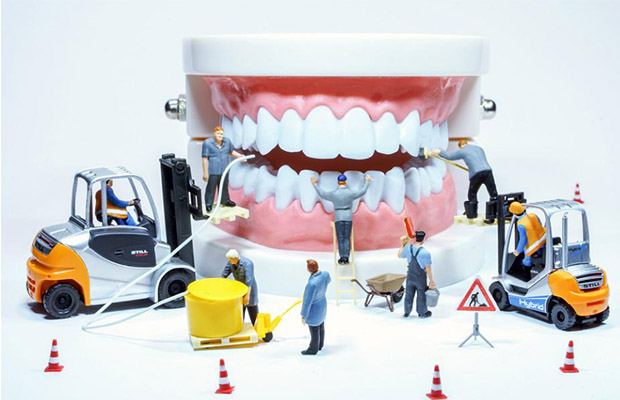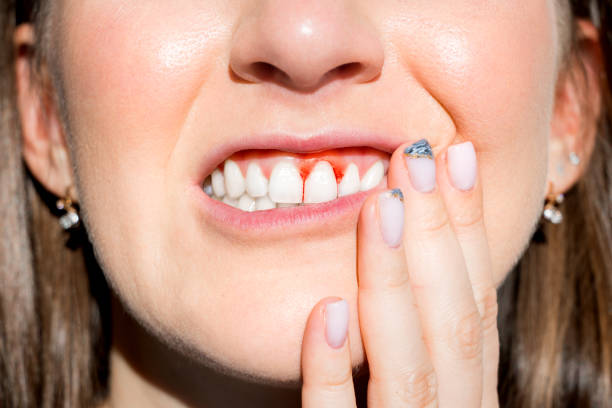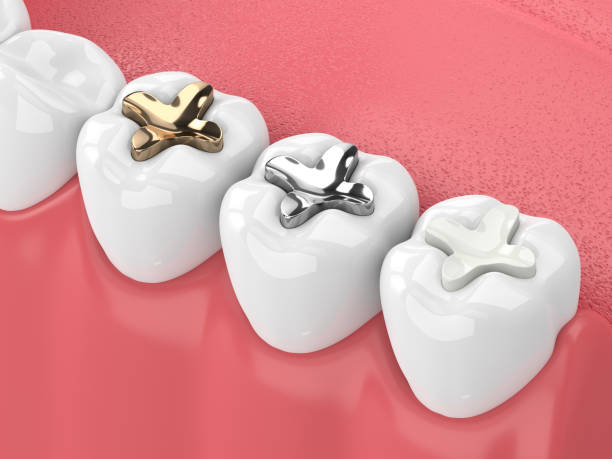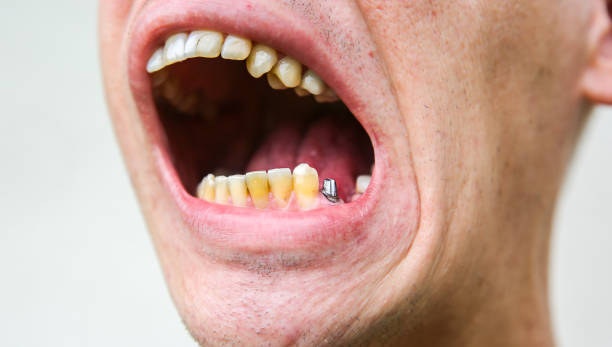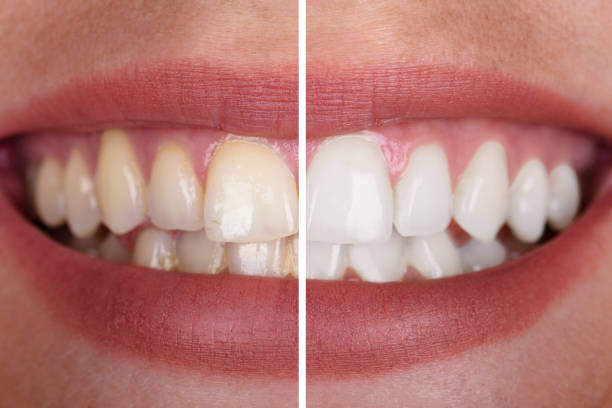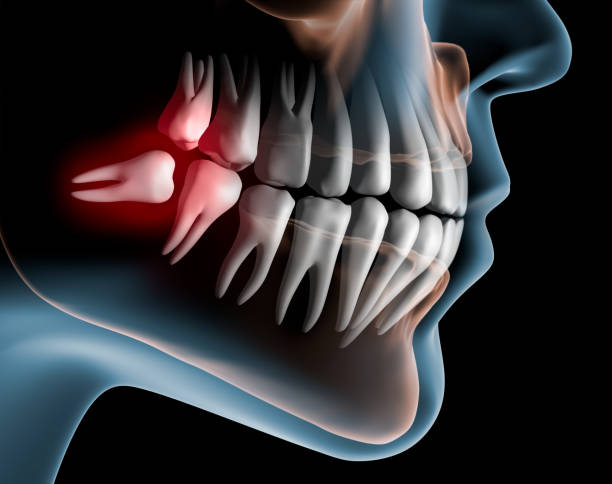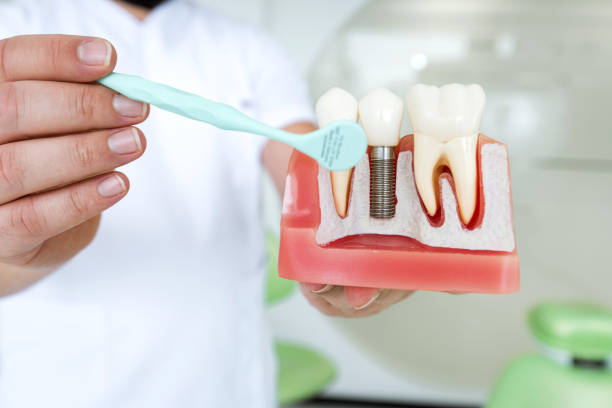Many people’s favorite food is bread. Therefore, before having a tooth extracted, patients frequently ask, “Can I eat bread after a tooth extraction?”
After tooth extraction, it’s critical to take good care of your gums to prevent further irritation. We typically advise patients to stay away from foods that are hard or crunchy, such as nuts, chips, toast, cereal, or anything else that might be abrasive.
You must refrain from consuming any bread for the first few days of your recovery.
This article offers you a suitable response if you also have the same query.
Table of Contents
What Does Tooth Extraction Mean?
The term “tooth extraction” refers to the surgical removal of a tooth from its socket. Tooth extraction is frequently requested by people who have an infection, tooth decay, or crowing. Adults and teenagers may also need to have their wisdom teeth removed.
An oral surgeon or dentist performs this surgery. Anesthesia may be required, either local or general.

Can I Eat Bread After Tooth Extraction?
No, bread shouldn’t be consumed for at least five days after tooth extraction.
When Can I Eat Bread After Tooth Extraction?
For the first week of your diet, you can eat soft foods like soups, scrambled eggs, mashed potatoes, and meatloaf. For a period of two weeks (or eight weeks if your lower wisdom teeth were extracted), avoid eating anything tough, crunchy, or excessively chewy, such as European bread, pizza crust, steak, or jerky.
Foods To Avoid After Tooth Extraction
Hot Food:
- Many people have tooth sensitivity to cold and occasionally hot foods and drinks when they are in a normal, healthy state. Some individuals do not, though.
- Tooth sensitivity to hot and cold foods and drinks may significantly increase after tooth extraction.
- Both individuals who have experienced tooth sensitivity in the past, as well as those who haven’t, should refrain from consuming anything hot or cold after having a tooth extracted.
Spicy food:
- Following surgery, you should avoid spicy foods for a few days. The surgical site might become irritated by this kind of food.
- They might intensify your discomfort and pain.
Sticky Food:
- Avoid foods that are sticky, such as sauces, honey, caramel, and heavy creams.
- Your brush must remove these sticky foods. however, you aren’t allowed to use your toothbrush for the first few days following your tooth extraction.
What You Can Eat After Tooth Extraction?
Following tooth extraction surgery, you must carefully choose your food. For the first few days following surgery, a soft, balanced diet is the best option.
Ice Cream
- Ice cream’s cold temperature provides pain relief by numbing the pain.
Soups
- Smooth and creamy soups and broths are available. After your surgery, they are a wise choice.
- Following surgery, chicken soup is advised.
- It is easily administered and has a high nutritional value without the need for chewing.
- You can stay hydrated by eating soups that are high in minerals and vitamins.
Eggs
- Your health may benefit from eggs. 1-2 eggs per day are acceptable (Ref).
- Eggs can be stirred in this situation until they are just starting to firm up. You could serve this meal with any cheese you like.
Cheese
- After your dental procedure, cheese is a healthy choice for you.
- It serves as a probiotic source. Small, painless pieces of soft cheese could be easily consumed.
Yogurt
- Protein can be found in abundance in yogurt. Yogurt may be able to lessen your pain after surgery because of its cool temperature and smooth texture.
Some Suggestions For Eating
Breakfast
Giving the body the energy it needs to stay alert and focused during the day begins with breakfast. We advise patients to consume scrambled or hard-boiled eggs because eating protein is beneficial. Both are simple to chew and won’t irritate the gums. One has the added benefit of being able to consume several hard-boiled eggs throughout the day.
Additionally, the patient can prepare oatmeal or cream of wheat with whole milk to ensure that he or she receives the required nutrition without causing discomfort to the gums. As the patient can include all of his or her preferred fruits and vegetables, as well as protein powder and yogurt, a smoothie is also a fantastic solution.
Lunch
If one needs to get back to work after tooth extractions, then he or she will need to plan ahead for lunch. Spreading hummus on soft bread is all that is required to make a hummus sandwich. Hummus is a simple snack to eat whenever you’d like because it’s so simple to chew. Add one serving each of yogurt, applesauce, or pudding to complete the meal.
Dinner
For at least a few days, stay away from tough meats like beef, pork, and chicken. Rather, consume some tofu or flaky fish. A patient can also prepare a vegetable soup with their preferred vegetables and seasonings. When one blends certain soups, like potato and carrot, they become even more delicious and convenient to consume. For a delicious and simple to chew filling addition to dinner, one can also bake sweet potatoes in the oven.
Stick to ice cream, pudding, or popsicles for a few days if you want to eat something sweet. Remember that after tooth extractions, you will need to continue to eat a healthy and well-balanced meal in order to increase your body’s ability to recover. Additionally, you should continue practicing good oral hygiene. During your appointment, we can talk about how to take care of your teeth without causing gum irritation.
Read More: How to Pull Out A Tooth?

